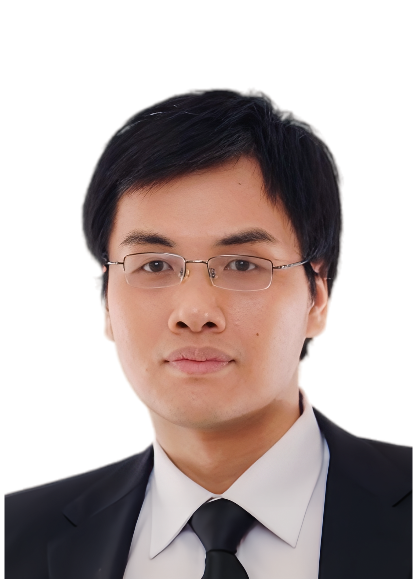
PhD,professor and Director of Department of Aesthetics, College of Philosophy, Nankai University, China. Senior Research fellow of the New Generation AI Development Strategy Research Institute. Member of the AI Special Committee of the World Internet Conference (WIC). Associate Editor of Journal Humanities and Social Sciences Communications (Nature Portfolio).He has participated in the AI ethics development work of the Chinese Ministry of Science and Technology and was also an ethics expert at the World Organization of Engineers (WEFO). He has published dozens of articles on the AI Aesthetics, Philosophy and Aesthetics of Doing in core journals such as the Social Sciences in China, Philosophical Research, Critical Arts, Neohelicon and etc.
How is research in the aesthetics of artificial intelligence possible? Firstly, we need to argue for the legitimacy of AI art and articulate its uniqueness. AI art is legitimate because, from the perspective of works and human’s reception, people attribute artistic value to AI-generated works. Secondly, aesthetic reflection on AI art and emotion constitutes the field of AI aesthetics. Its main areas of research include:1)AI art generation. 2)AI art appreciation.3) The nature of AI art.4) The ethics of AI art Thirdly, from a methodological perspective, research in AI aesthetics has its own distinct characteristics, including computationality, observability, and interdisciplinarity. Finally, the philosophical foundation of AI aesthetics lies in language aesthetics, because the essence of AI art is a kind of artistic language. In the context of the widespread proliferation of AI art, we must value human poetic behavior and cherish the unique qualities of human behavior; only in this way can we avoid being completely replaced or fully virtualized by AI technology.